Speakers
|
Keynote Speech – People centered innovation: connecting the dots on innovation, access and delivery –
|
Dr. Mandeep Dhaliwal
Director, HIV and Health Group, Bureau of Policy and Programme Support
|  |
Dr. Mandeep Dhaliwal is the Director of UNDP’s HIV and Health Group, Bureau of Policy and Programme Support. She has over 25 years of experience working on HIV, health, human rights and evidence-based policy and programming in low and middle-income countries.
Dr. Dhaliwal joined UNDP in 2008 and was the architect of the Global Commission on HIV and the Law, as well as the UN Secretary General’s High-Level Panel on Access to Medicines. Prior to joining UNDP, she was a senior adviser to the Dutch Royal Tropical Institute’s Special Programme on HIV/AIDS. From 2000 to 2006, Dr. Dhaliwal worked for the International HIV/AIDS Alliance’s Policy, Research and Good Practice Team in the United Kingdom, where she focused on issues of HIV care and treatment in developing countries. From 1993 to 2000, she worked on HIV and human rights in India, including as the founding coordinator of the Lawyers Collective HIV/AIDS Unit, a leading human rights organization, establishing the Unit's legal aid, public interest litigation, legal literacy and policy/advocacy work.
Session 1: Needs on TB – From innovation in health technologies to reaching the last mile –
|
Dr. Jacob Creswell
Head, Innovations and Grants
| |
|
Dr. Jacob Creswell is Head of Innovations & Grants at the Stop TB Partnership in Geneva. He previously worked at WHO and started his career at US CDC on TB and HIV almost 25 years ago. Currently, he coordinates Stop TB’s TB REACH focused on improving programmatic aspects of tuberculosis detection and treatment outcomes. TB REACH has provided more than USD 180 million to partners in 56 countries. He serves as a global expert on different aspects of improving tuberculosis detection including active case finding and digital health. Jacob is currently working on the several evaluations of new diagnostic and screening tools for TB including and how they fit into more efficient and effective diagnostic algorithms. Jacob has more than 100 scientific publications and his work has supported the development of several WHO Guidelines on TB including TB screening, private sector engagement, TB in children, and artificial intelligence for chest X-ray.
|
Dr. Nader Fotouhi [Unavailable]
|  |
As Chief Scientific Officer for the TB Alliance, Dr. Nader Fotouhi guides and oversees the organization’s research and preclinical development activities. Dr. Fotouhi has 34 years of experience in the pharmaceutical industry, with significant research and early development expertise in a variety of therapeutic areas. Prior to joining the TB Alliance, Dr. Fotouhi held various leadership positions at Hoffmann-La Roche, including the head of the Discovery Chemistry group at the Nutley New Jersey site, the global head of Discovery Technologies, and served as the Nutley New Jersey Pharma Research and Early Development Site Leader. Dr. Fotouhi holds a Ph.D. and Post Doctoral fellowship in Organic Chemistry from the Massachusetts Institute of Technology. Dr. Fotouhi has authored or co-authored more than 656 articles and presentations and holds 26 patents.
|
Mr. Hirotaka Michiba
|  |
I am currently a member of the Government Relations Promotion Department, where I manage several infectious disease control projects, especially focused on tuberculosis, in collaboration with the governments of Japan and partner countries primarily in Asia and Africa. Recently, I have been involved in significant projects such as:
The FY2023 Healthcare Industry International Expansion Promotion Project: A pilot survey on the proliferation of X-ray based tuberculosis screenings in India.
The Ministry of Economy, Trade and Industry's Global South Future-Oriented Subsidy Project: A remote medical screening camp project in Kenya.
In my role, I strive to bridge international collaborations to implement effective healthcare solutions and improve public health outcomes in underserved regions.
|
Mr. Yuta Ohashi [Unavailable]
| 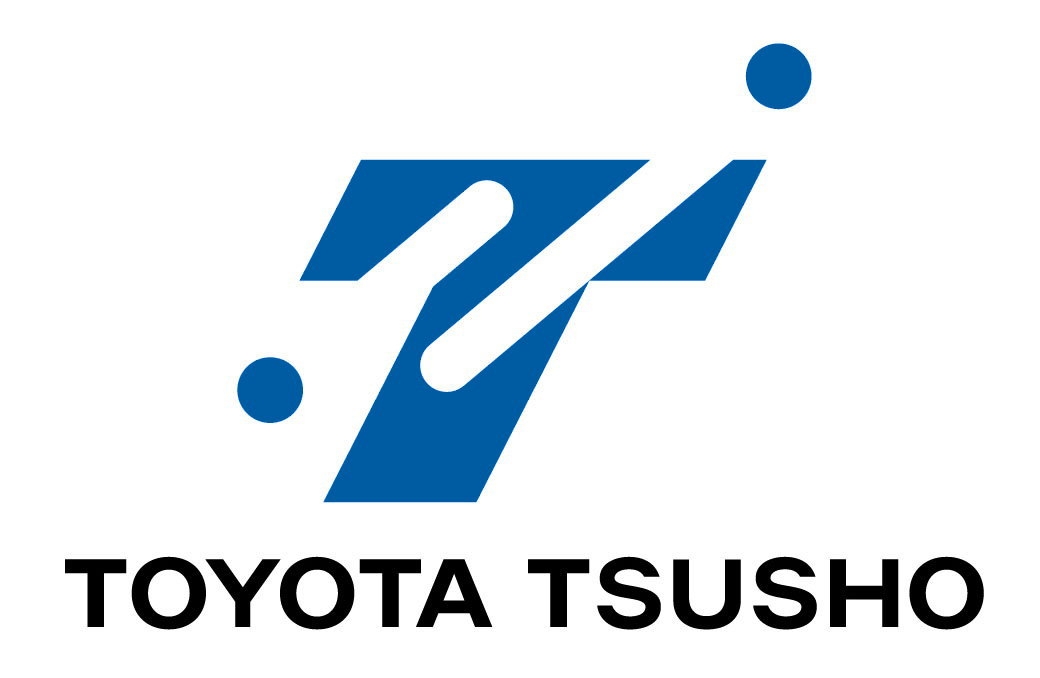 |
Company description: Toyota Tsusho Corporation is the Toyota Group's sole general trading company established in 1948. As automotive professionals with unique capabilities and know-how, we strive to lead the Toyota Group in the challenge to develop the evolution of next-generation mobility to contribute to the development of both society and the Group. We develop our global health solution activities by developing and providing the WHO PQS E002 Vaccine Land Cruiser for vaccine cold chain delivery and X-ray diagnosis Land Cruiser for TB screening.
Short bio: Professional in the mobility business, I have worked more than 10 years in the field of ODA especially for Japanese Grant project for vehicles and healthcare product procurement and from 2018 in charge of the development and sales of our new global health mobility solutions business.
|
Dr. Elana Van Brakel
| 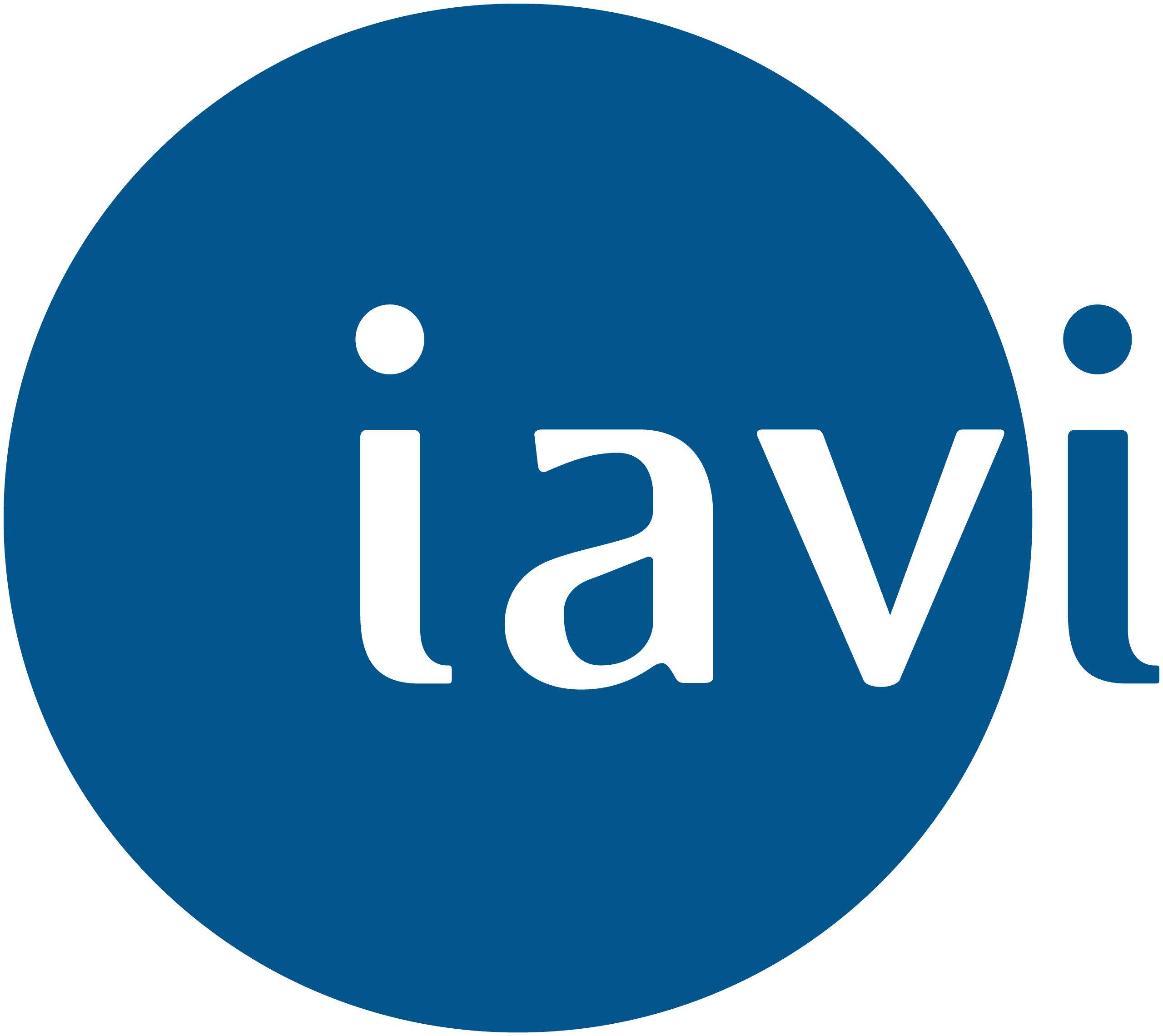 |
Elana van Brakel is a Medical Director in Clinical Development at IAVI, a nonprofit scientific research organization with offices and labs in Africa, India, Europe, and the U.S, leveraging over two decades of experience in clinical development and infectious diseases. Elana joined the IAVI South African office in January 2022 and is the medical lead in a cross-departmental team responsible for the design, implementation, analysis and reporting of the clinical development program clinical trials for TB candidate vaccines.
Prior to her tenure at IAVI, Elana held influential roles at TASK in Cape Town, South Africa, where she played an integral role in planning and implementing TB vaccine trials. The experience gained during her time as investigator at TASK, has laid a strong foundation in clinical research and particularly the clinical conduct of vaccine trials.
Her academic background includes an MB.ChB. from the University of Stellenbosch and an M.Sc. in Medicine from the University of Cape Town, where her research focused on HIV-associated cognitive impairment. Elana's career illustrates a commitment to medical innovation and global health initiatives.
Session 2: Linking NTD Innovations with Health Systems for Pandemic Preparedness
|
Dr. Masahiro Kajihara
|  |
Dr. Masahiro Kajihara has been involved in infectious disease research for over 10 years, focusing on bat-borne viruses such as Ebola and Marburg viruses in Africa. Affiliated with International Institute for Zoonosis Control, Hokkaido University, he has spent five years living in Zambia, where much of his research has taken place, and is also active in the Democratic Republic of the Congo and Ghana. His work integrates molecular mechanisms with animal behavior studies to better understand virus ecology and disease outbreaks. In addition to his research, Dr. Kajihara is committed to capacity-building efforts, working closely with local scientists to support and strengthen research capabilities. He hopes his contributions can play a part in improving knowledge around zoonotic viruses and informing strategies for preventing future outbreaks.
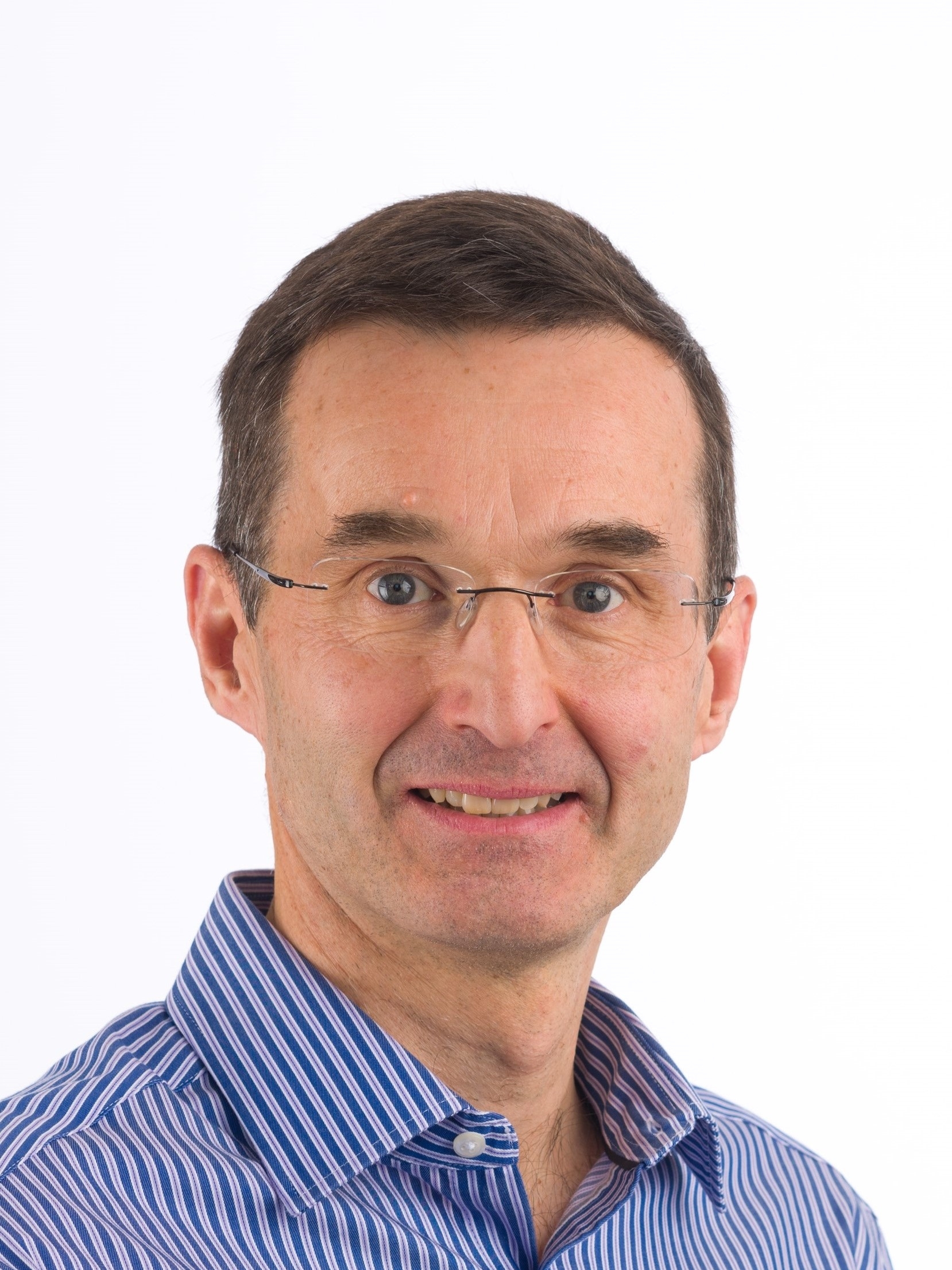
Dr Charles Mowbray is the Discovery Director at DNDi responsible for discovering and advancing new drug candidates into development. He works on infectious diseases including kinetoplastid diseases with a particular focus on leishmaniasis and latterly also on COVID-19 and Dengue.
Prior to joining DNDi, Dr Mowbray worked at Pfizer in Sandwich, UK for 19 years as a medicinal chemist and project leader across multiple diseases, target classes and medicinal chemistry strategies and from target selection through to clinical candidate delivery. Five of these drug candidates have entered Phase I and two have completed Phase IIb clinical studies.
Dr Mowbray gained both BSc and PhD degrees in chemistry from the University of Exeter and completed postdoctoral fellowships at the University of British Columbia and the University of Nottingham. Dr. Mowbray is a Fellow of the Royal Society of Chemistry.
https://dndi.org/our-people/mowbray/
https://www.linkedin.com/in/charlesmowbray/
|
Dr. Nobuo Saito
|  |
I have over a decade of experience in infectious disease research, including clinical studies on rabies, AMR, TB, diphtheria, and dengue in Manila, Philippines. From 2018 to 2022, I led the JICA/AMED SATREPS Rabies Project, implementing innovative One Health approach. In 2024, I began residing in Kenya as Deputy Director of the Nagasaki University Kenya Research Station, focusing on tuberculosis, rabies, and schistosomiasis projects. In 2025, I will initiate a five-year JICA project of rabies in the Philippines.
|
Dr. Aya Yajima [Video Presentation]
Regional Advisor - Neglected Tropical Diseases (NTDs)
| | |
She is a public health specialist and the Regional Advisor on Neglected Tropical Diseases (NTD) control and elimination in the WHO South-East Asia Regional Office since 2021. She coordinates with WHO Headquarters, Country Offices, donors and partners to provide technical support for NTD-endemic Member States in the Region for accelerating control and elimination of NTDs. Formerly she was a Regional NTD technical lead in WHO Western Pacific Regional Office (2015-2021) and a technical officer at the Department of Control of NTD, WHO Headquarters where she supported development of various technical guidelines and tools to facilitate and monitor implementation of preventive chemotherapy interventions (2009-2015). She is a graduate of the University of London (Queen Mary) and earned PhD at the University of Tokyo on transmission control of neglected parasitic zoonoses in Viet Nam.
Session 3: Needs on Malaria – Approaches to address geographic variations –
|
Prof. Arjen Dondorp
| 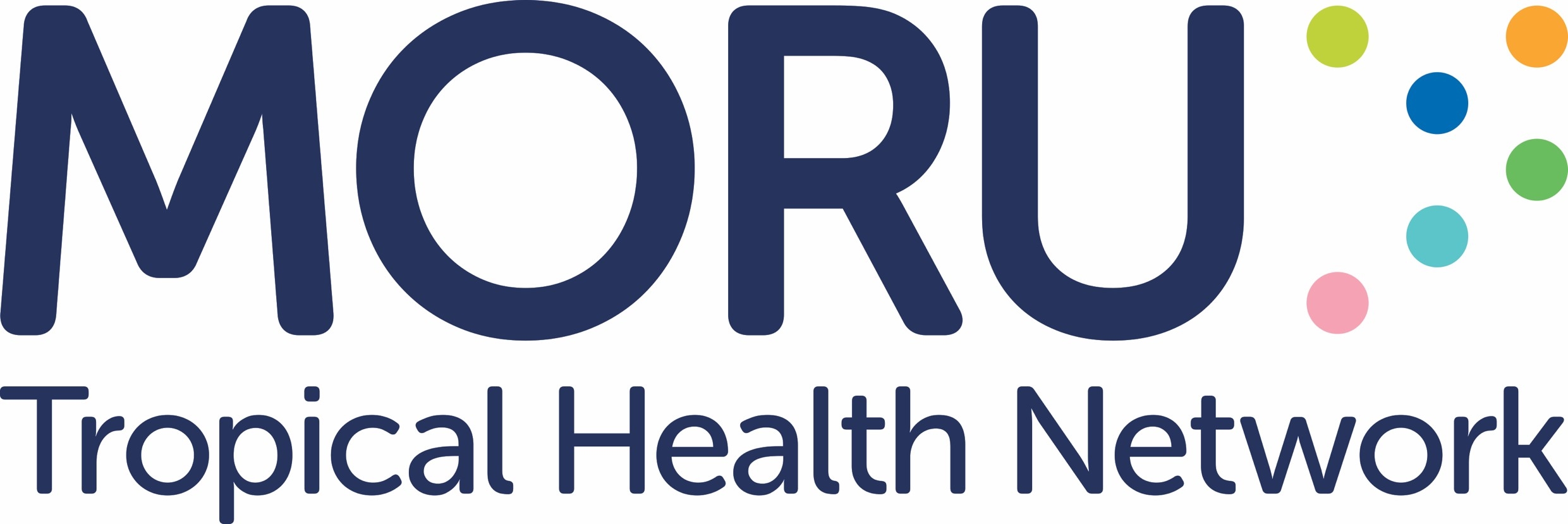 |
Professor Dondorp hold ‘Doctoral' in Medicine from University of Amsterdam, and a Ph.D. from University of Amsterdam, the Netherlands. Since November 2000, Professor Dondorp has joined the Mahidol-Oxford Tropical Medicine Research Unit (MORU), Faculty of Tropical Medicine, Mahidol University, Bangkok, Thailand, and currently is Deputy Director and Head of the Malaria and Critical Illness Department. He is also a Professor of Tropical Medicine, University of Oxford. His main research interests include the pathophysiology and treatment of severe malaria, antimalarial drug resistance (in particular artemisinin and multidrug resistance in Plasmodium falciparum) and the improvement of intensive care practice in developing countries. Professor Dondorp has been chairing the Technical Expert Group on Antimalarial Drug Resistance and Containment (now renamed Drug Efficacy and Response) for the WHO Global Malaria Program in Geneva since 2012. He is also a member of the European Society of Intensive Care Medicine (ESICM) working group on the development of Intensive Care Medicine in resource-poor countries.
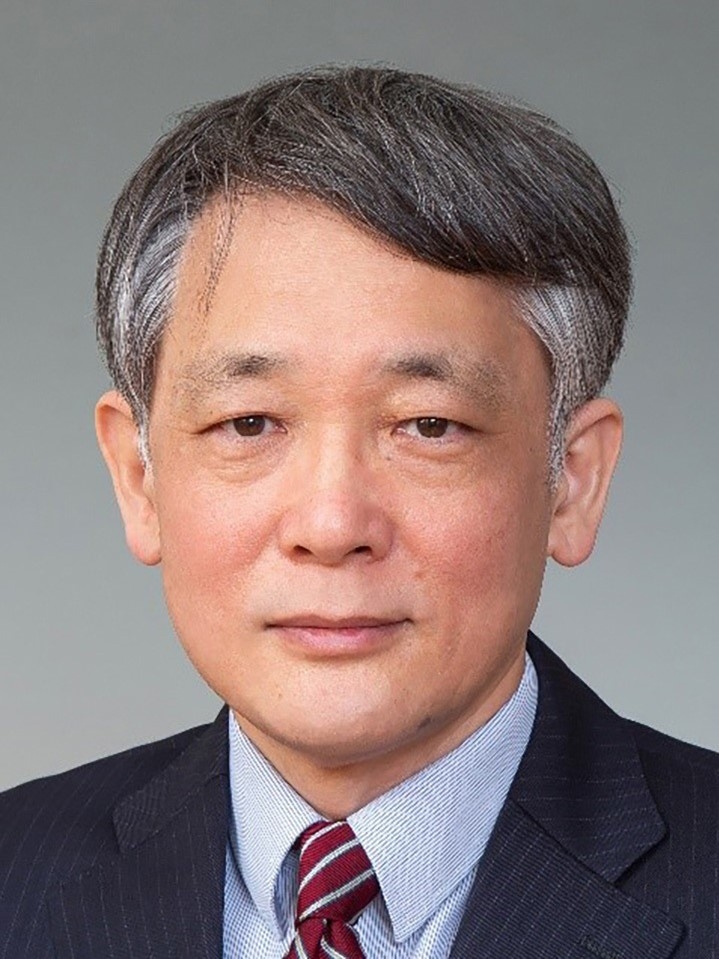 |
Prof. Osamu Kaneko
|  |
Influenced by Dr. Kazuyuki Tanabe's malaria lecture, which he attended while a student at Osaka City University School of Medicine, he became interested in malaria research. After two years of orthopedic surgery training, he entered Osaka City University Graduate School in 1992, where he engaged in malaria parasite research under Dr. Tanabe's guidance. Then, he worked at the National Institute of Allergy and Infectious Diseases (Luis Miller Lab) from 1996 to 1999 and at Ehime University School of Medicine (Motomi Torii Lab) from 2000 to 2007, where he was engaged in research on erythrocyte invasion mechanisms of malaria parasites. Since becoming a professor at the Institute of Tropical Medicine, Nagasaki University in 2007, his main research interests have been the molecular mechanisms of erythrocyte invasion and modification by malaria parasites and their adaptive evolution.
|
Dr. Eizo Takashima
| 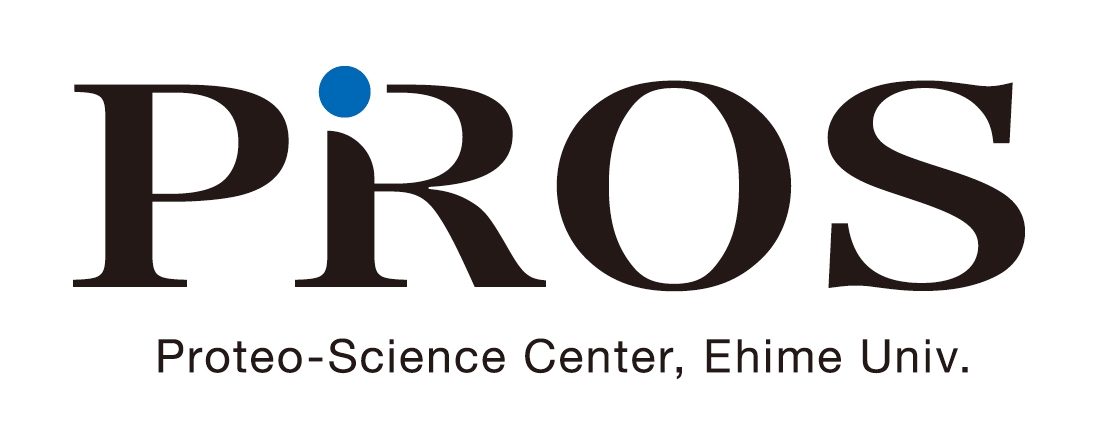 |
I head the Division of Malaria Research, Proteo-Science Center, Ehime University. Over the last ten years, I have demonstrated that the wheat-germ cell-free system (WGCFS), developed by Ehime University, can efficiently synthesize recombinant malaria proteins in functional form, and the proteins can induce biologically relevant antibodies such as with P. falciparum growth inhibitory and transmission-blocking activities. Recently, I have significantly scaled up the WGCFS, generating >4000 proteins and raising >600 animal anti-plasmodial antibodies (we are still increasing it). Using the bioresources, we have found new malaria vaccine candidates, such as PfRipr5. We also discovered sero-biomarkers to detect P. vivax hypnozoite carriers by profiling humoral immunity to parasite-genome-wide antigens. I hope our technology contributes to malaria elimination.
|
Dr. Paul Willis
VP Head of Early Development
| 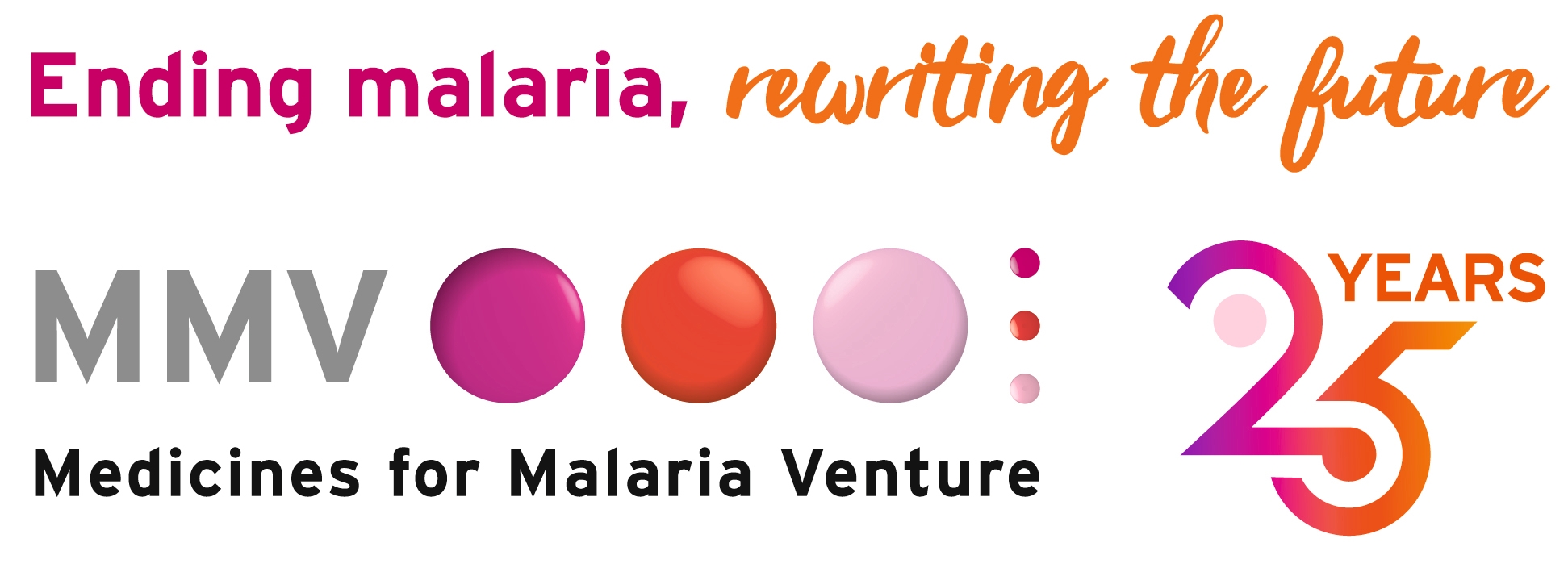 |
Paul Willis is a Medicinal Chemist and Head of Early Development at Medicines for Malaria Venture where he manages a portfolio of Phase I and selected drug discovery projects, in partnership with pharmaceutical and academic groups.
He joined MMV in 2011 as a member of the drug discovery team and has delivered several clinical candidates, including Cabamiquine, currently under develop with Merck KGAa. .
Paul previously worked for AstraZeneca, as a medicinal chemist and project leader and contributed to the discovery of the cardiovascular drugs cangrelor and ticagrelor, for which the team were awarded the 2013 Royal Society of Chemistry Malcolm Campbell Award.
Session 4: Technologies on the Ground – Adapting new technologies in the context of LMICs –
|
Dr. Jeremy Burrows
VP Head of Research Drug Discovery
|  |
MMV is a Product Development Partnership working to discover, develop and deliver new antimalarials for Africa. Jeremy joined MMV in 2008 after 12 years at AstraZeneca as a medicinal chemist in the UK and Sweden. Before that he studied at the University of Oxford for his first and second degrees in chemistry and synthetic organic chemistry respectively. At MMV he heads up the Discovery team and also leads AI/ML activities following a sabbatical at Exscientia in the UK. His team works with many collaborators globally including GHIT Fund and Japanese partners to deliver candidate drugs for malaria. He has published over 150 papers/ patents and sits on a range of advisory boards relating to neglected tropical diseases and pandemic preparedness.
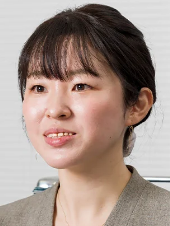
NEC, a Japanese ICT leader, co-creates solutions with the United Nations and international organizations, committed to "Digitalization for LEAVE NO ONE BEHIND." Showcasing cutting edge technologies and model cases in the field of Renewable Energy, Agriculture, Health and AI, we aim for an inclusive and sustainable future.
Mariko Kitahama is an Assistant Manager in Social Impact Business Group, Global Relations Department at NEC Corporation, where she collaborates with international stakeholders to develop solutions for social issues. After joining NEC Corporation in 2014, she was responsible for African market at the Europe, Middle East, and Africa Department at NEC HQ. From 2019 to 2022, she was assigned to business development at NEC Africa Nairobi office in Kenya, where she engaged in projects focused on creating safer societies in collaboration with the Japanese Government and international organizations. In March 2022, she returned to NEC HQ.
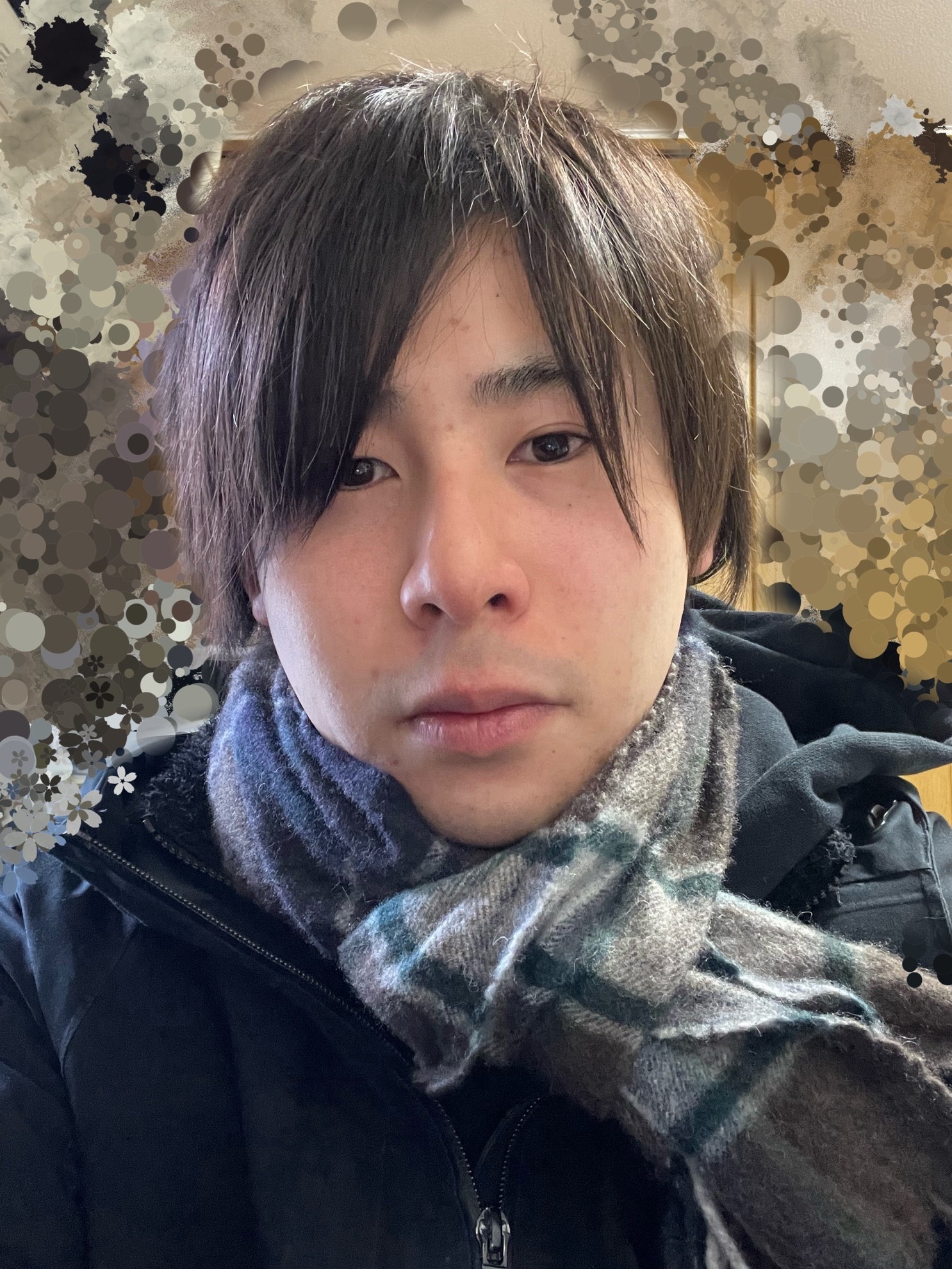 |
Dr. Keita Wagatsuma
Assistant Professor
Division of International Health, Graduate School of Medical and Dental Sciences, Niigata University
| 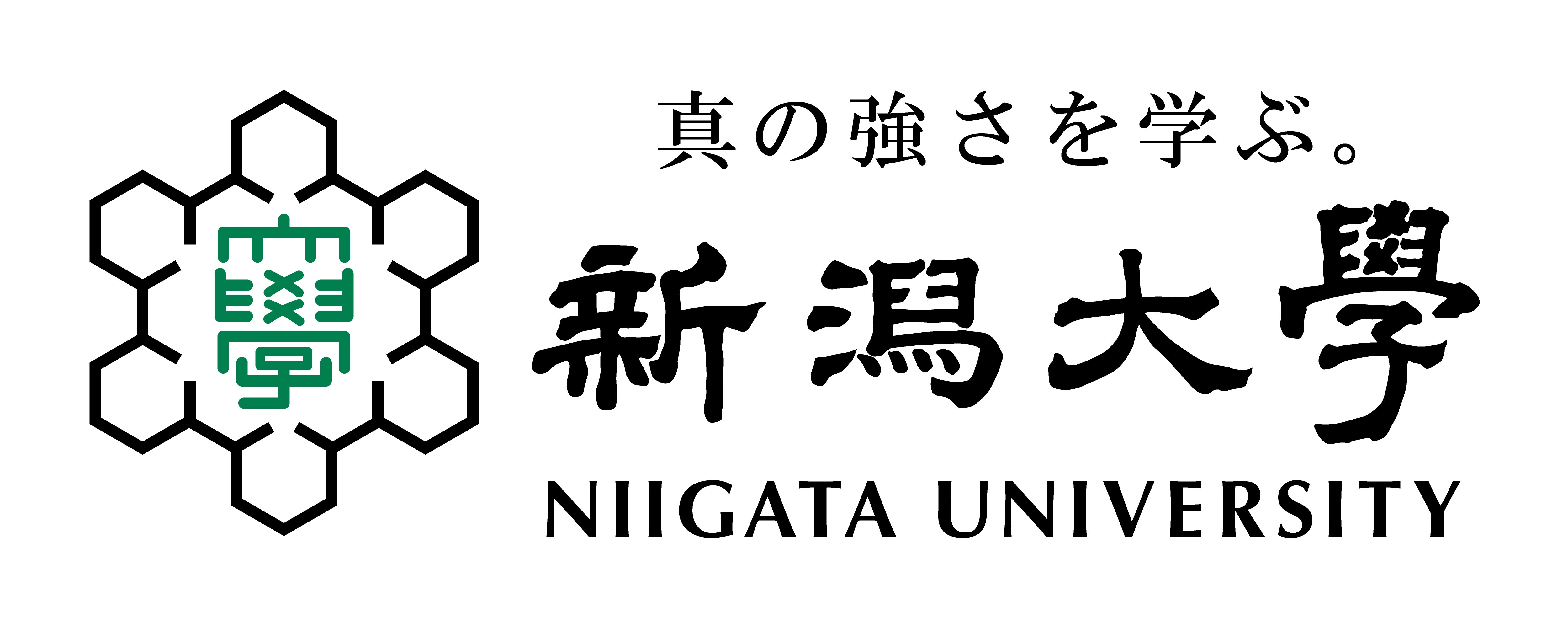 |
Dr. Keita Wagatsuma is an Assistant Professor of Epidemiology and Biostatistics at the Division of International Health, Graduate School of Medical and Dental Sciences, Niigata University, Niigata, Japan. His research focuses on the intersection of infectious disease epidemiology and environmental health, particularly in understanding disease burden and transmission dynamics, utilizing this knowledge to optimize control interventions and quantify the relative role of climate change. His work spans a wide array of communicable diseases, including COVID-19, influenza, respiratory syncytial virus, and hand, foot, and mouth disease, alongside other emerging respiratory infections.
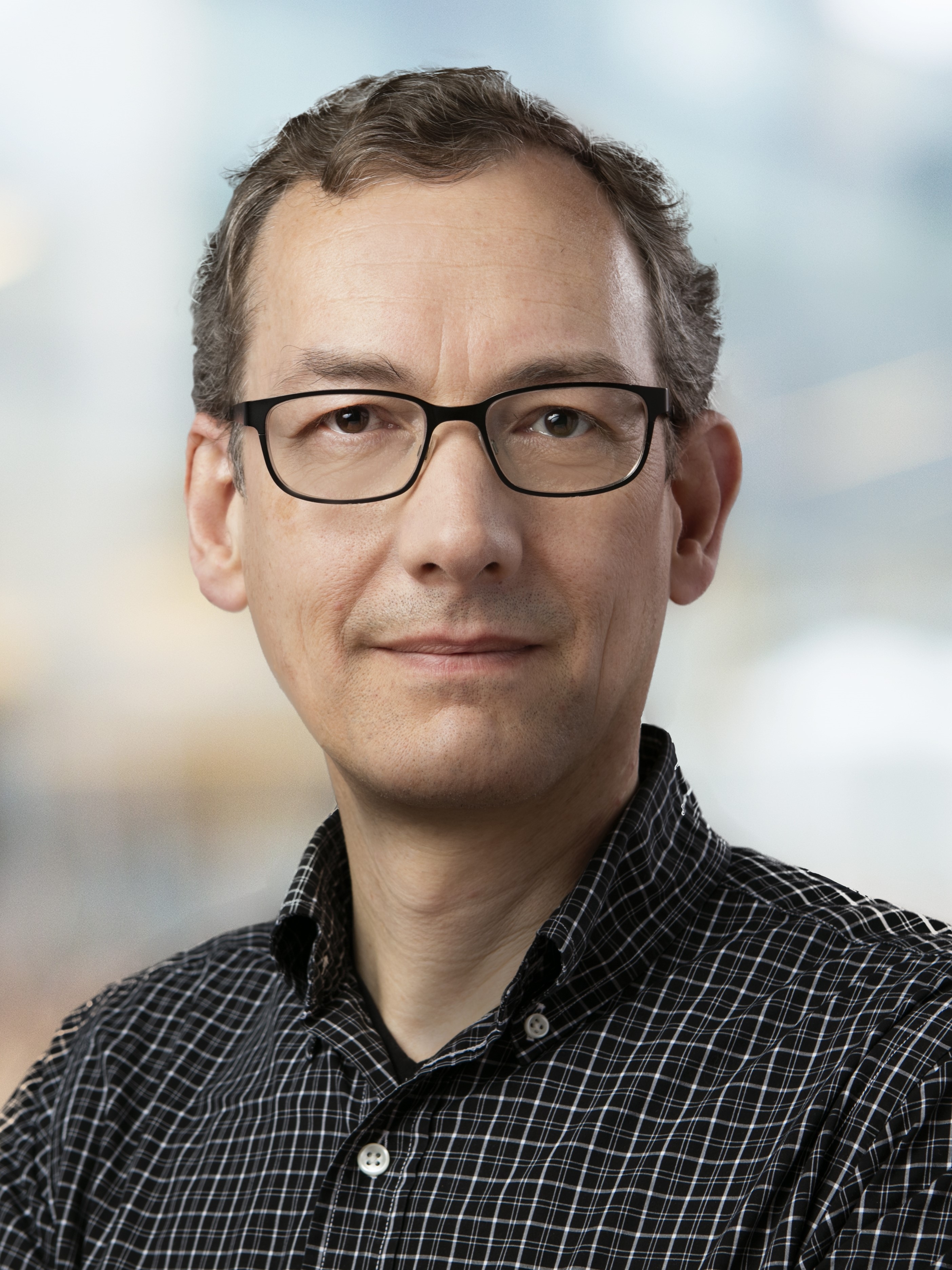
Dr Peter Warner joined the Bill and Melinda Gates Foundation (BMGF) in 2013 after a 28-year career in the Pharma industry. Trained as a medicinal chemist, he has worked across a broad range of therapy areas delivering multiple drug candidates to the clinic. Immediately prior to joining the BMGF he led the AstraZeneca Neglected Diseases Research Unit in Bangalore. Within the BMGF he manages a portfolio of grants focused primarily on tuberculosis and leads the Global TB Drug Accelerator Consortium. He is the Chair of the GHIT HTLP Expert Panel. He has a strong interest in promoting drug discovery in LMICs and bringing AI/ML technologies to Global Health drug discovery.
Session 5: From R&D to Access and Delivery – Connecting for an end-to-end Ecosystem –
|
Dr. Ashley Birkett
Global Head, Bacterial & Parasitic Diseases
| | |
| |
Dr. Ashley Birkett is the Global Head of Bacterial & Parasitic Diseases within PATH’s Center for Vaccine Innovation and Access (CVIA) and serves on the CVIA Leadership Team. CVIA brings together expertise across every stage of vaccine research, development, and introduction to make vaccines globally available to women, children, and communities, particularly in low resource settings. Dr. Birkett oversees a portfolio of partnered vaccine development projects broadly categorized into the following three initiatives: malaria, bacterial causes of sepsis, pneumonia, and meningitis, and enteric bacterial pathogens. Previously, he served as Global Head for PATH’s malaria vaccine development effort, and served as Project Leader for PATH's work on the development and pilot introduction of the RTS,S malaria vaccine—the first malaria vaccine to receive WHO prequalification and Gavi financing. Dr. Birkett earned a PhD in biochemistry and molecular biophysics from Virginia Commonwealth University Medical Center and has more than 25 years of vaccine development experience.
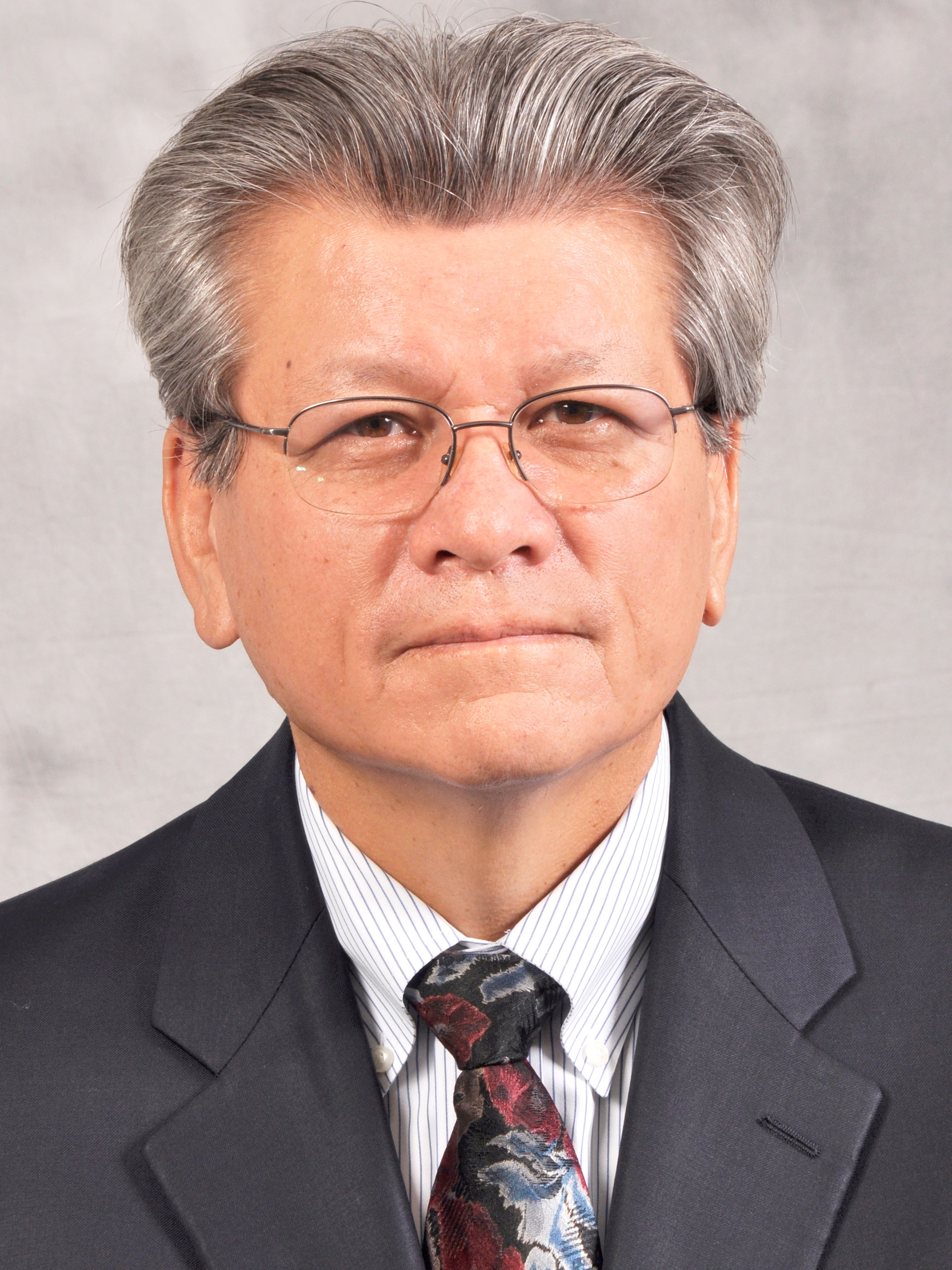 |
Dr. Timothy Endy
CEPI Program Leader for the Disease X Vaccine Library and Chikungunya Vaccines
| | |
| |
Timothy Endy MD, MPH, FACP, FIDSA, FASTMH is currently the Program Leader at the Coalition for Epidemic Preparedness Innovations (CEPI) for Disease X Vaccine Library and Chikungunya Vaccines. He is a Professor Emeritus and former Chair of the Department of Microbiology and Immunology and Chief of the Infectious Disease Division at the Upstate Medical University in Syracuse, NY. Prior to this Dr. Endy was 24 years in the U.S. Army with his career in the Medical Research and Material Command holding positions as Chief of Virology at the overseas lab in Bangkok, Thailand; Chief of Virology at USAMRIID, Ft Detrick MD, and Director of CD&I at WRAIR. Dr. Endy is a Board-Certified physician in the subspecialty of Infectious Diseases and Internal Medicine and did his residency and fellowship training at the Walter Reed Army Medical Center, Washington, DC. He has conducted basic science research in the field of virology, developed vaccine field and epidemiological study sites in Southeast and Central Asia, conducted phase I and II clinical vaccine trials and is active in the development and management of research programs that are product oriented towards developing vaccines and diagnostics that meet FDA regulatory requirements.
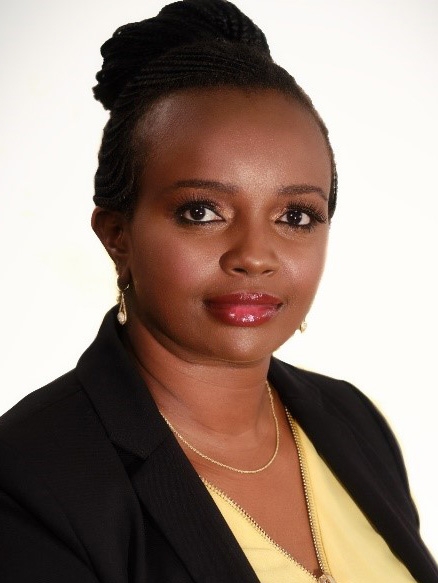 |
Dr. Loice Kikwai
|  |
Loice Kikwai, PhD., is the Regulatory Affairs Lead at Market Access Africa.
She has over 18 years of expertise in pharmaceutical drug regulation and standardization. She has a background and proficiency in developing standards, evaluating policies and regulations, and educating on global pharmaceutical best practices at various regulatory authorities and industries in the Middle East, Asia, and Africa. Dr. Kikwai's career spans roles at US Pharmacopoeia, as a scientist, developing compendial standards; the US Food and Drug Authority (FDA), as a lead pharmacologist specialized in bioequivalence; and at LCK Pharmaceutical Consulting as a consultant specializing in regulatory affairs of generic drug products. Dr. Kikwai is a sought-after speaker at various global conferences that promote, harmonize and strengthen regulations for the safety, efficacy, and quality of generic pharmaceutical drug products.
Dr. Kikwai holds a PhD. in Pharmaceutical Sciences from Florida A&M University and a B.A. in Biology and Chemistry from Lincoln University, USA.
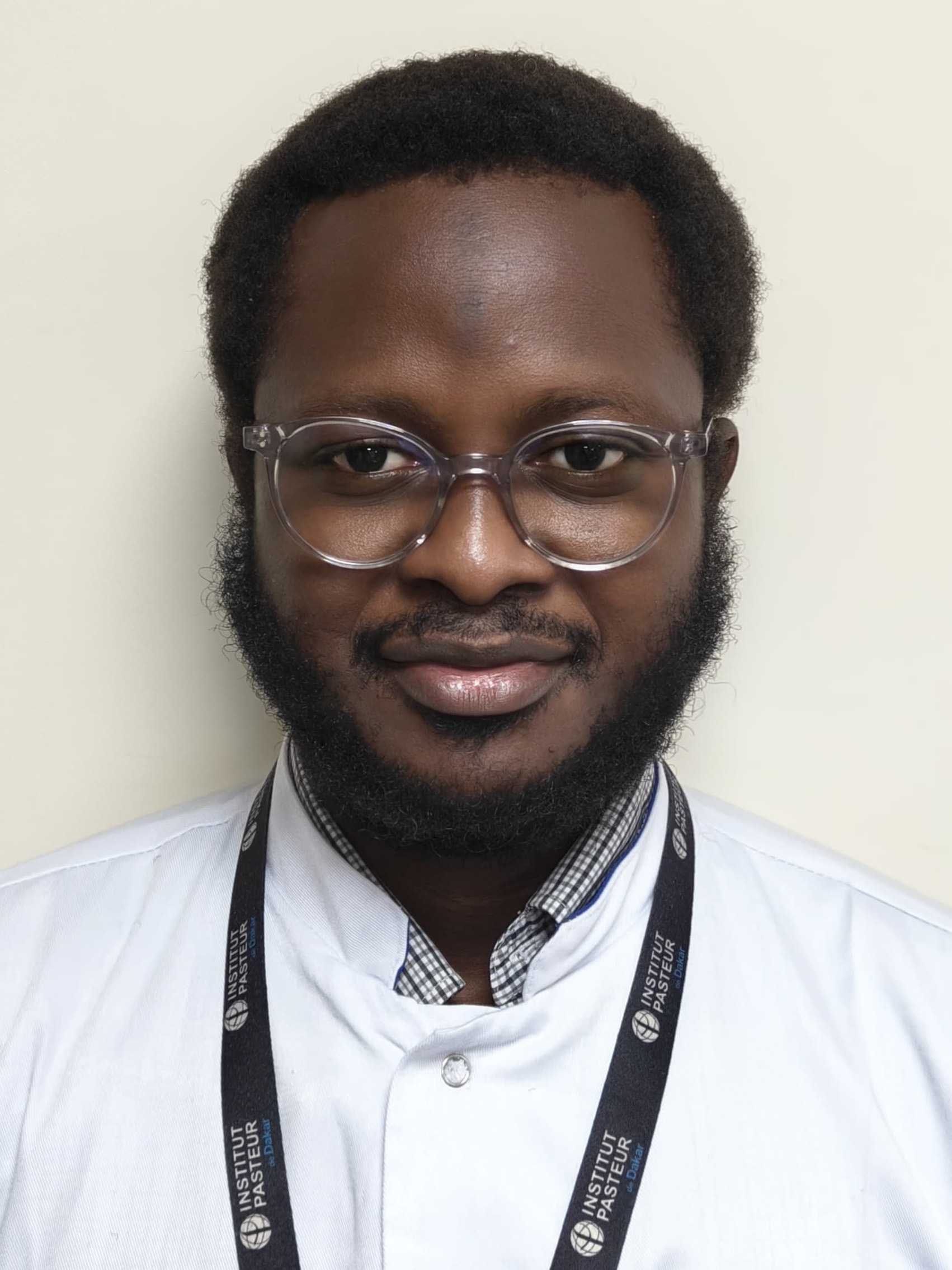 |
Dr. Oumar Ndiaye
R&D and Technology Transfer Specialist
| 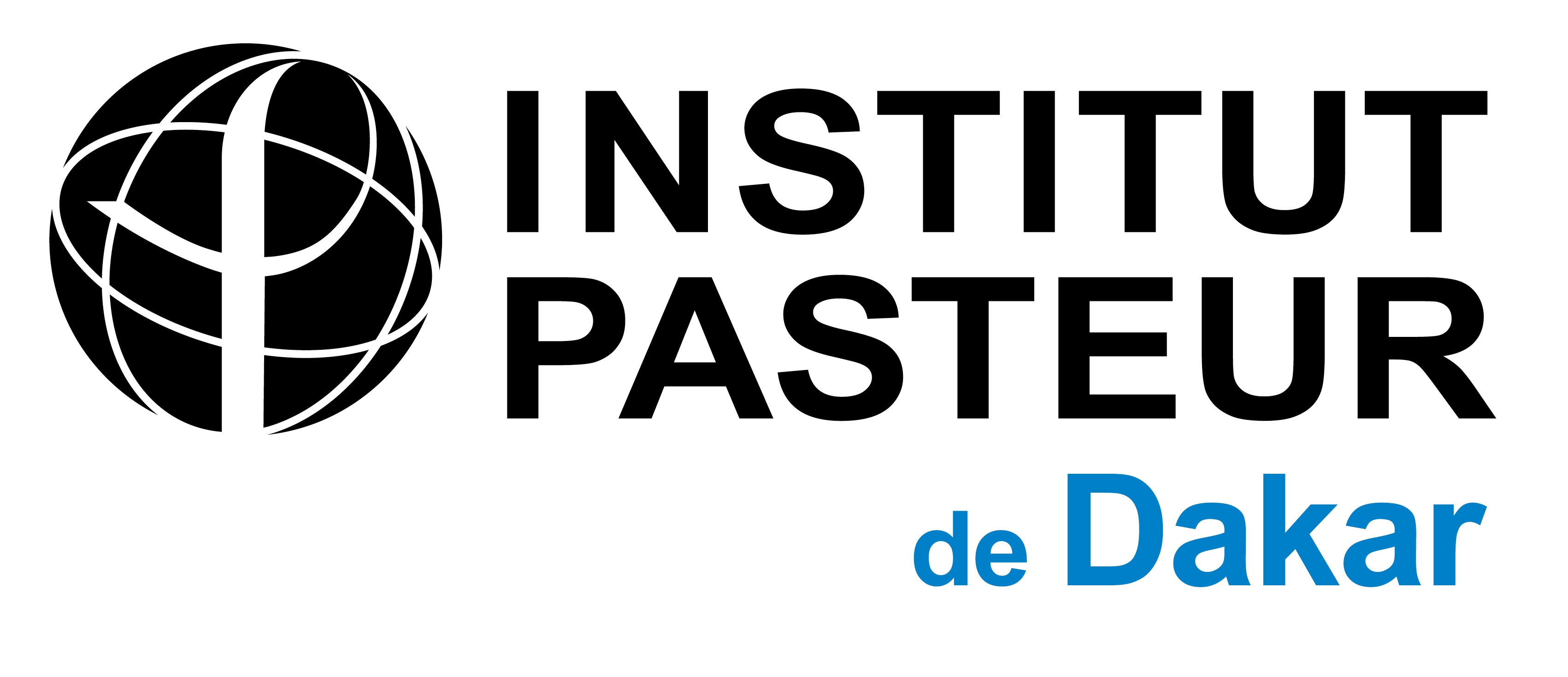 |
Dr Ndiaye holds a Phd in Public Health and a MSc degree in Applied Microbiology, with 14 years of experience in the area of viral diagnostics and laboratory surveillance and 4 years in design, technology transfer and manufacturing of In-vitro diagnostic tests. Specialized in viral immunoassays applied to the detection of viral diseases he’s currently an R&D and technology transfer specialist at DIATROPIX project and technical supervisor of the WHO Collaborating Centre on Arboviruses and Viral haemorrhagic fevers within the Virology department of Institut Pasteur de Dakar where he was one of the first scientists to develop a multiplex arbovirus detection platform in Africa. He also supports WHO as a temporary advisor through various field and lab missions, and is an active member of the Eliminate Yellow Fever (EYE) Strategy’s advisory Laboratory Technical Working Group (LTWG). As a technology transfer specialist and also through his active involvement in manufacturing of Lateral Flow products, Dr Ndiaye plays a crucial role within the DIATROPIX unit for the successful implementation of Lateral flow manufacturing platforms and scale-up manufacturing. He is also a professor of Biotechnology at the National Engineering school (ENSUT) of Dakar (SENEGAL).
|
|---|
|
|---|
| |
|---|
|
|